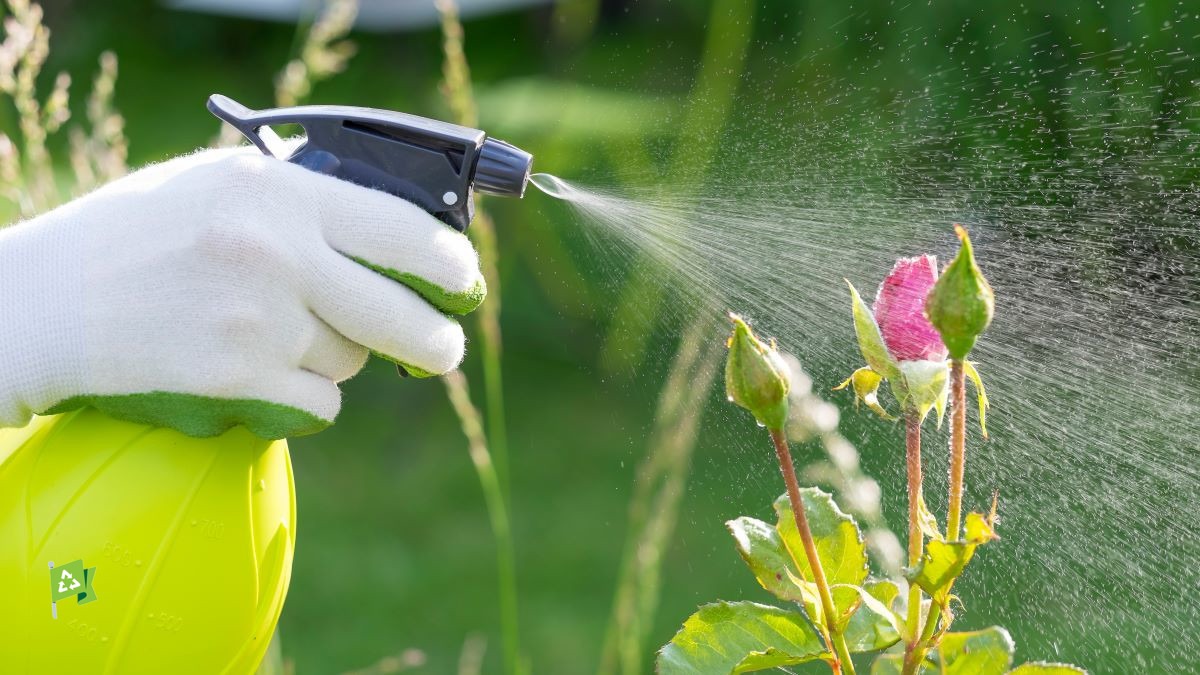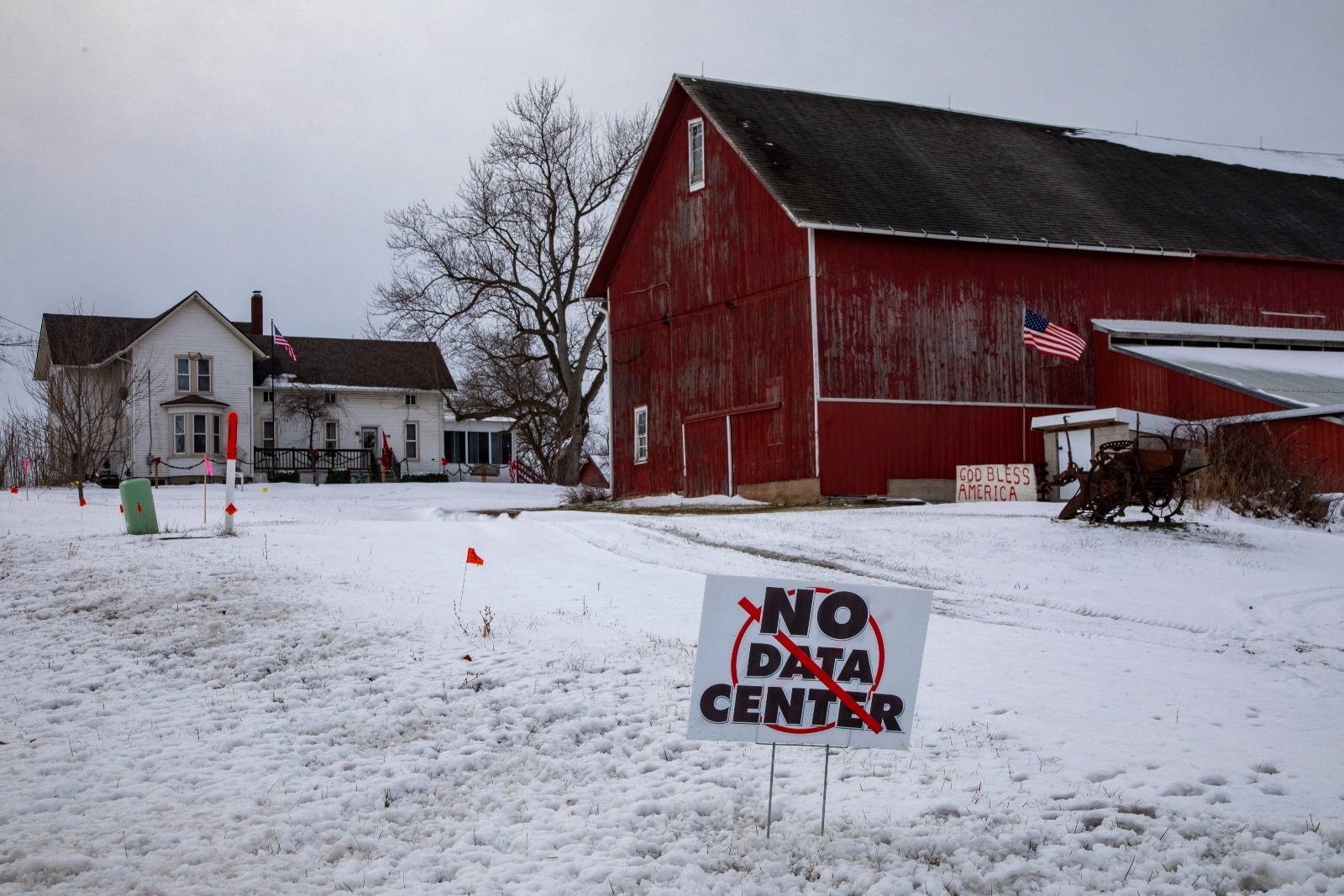What action can you take right now to create a better future, one in which nature and society can thrive? This week, you can invest in the Earth by protecting bees.
Action: Dispose of Pesticides
Benefits of Bees
Honeybees contribute to the pollination of 84% of the crops grown for human consumption (a third of all the food we eat) as well as many crops grown to feed livestock. The commercial value of honeybees in the U.S. alone has been estimated at over $15 billion per year. Meanwhile, native bumblebees and solitary bee species are even more efficient pollinators of wildflowers and native plants. Bees are a keystone to both agriculture and ecosystems.
Colony Collapse
Recent data indicates that U.S. commercial beekeepers experienced an average loss of more than 60% of their colonies between June 2024 and February 2025, amounting to over 1.1 million colonies lost. This represents one of the highest loss rates on record and poses significant risks to agriculture, particularly crops like almonds that heavily rely on bee pollination.
While Colony Collapse Disorder (CCD) was a major concern in previous decades, recent losses are attributed to a combination of factors, including parasites like Varroa mites, pesticide exposure, habitat loss, and climate change. Notably, warmer and longer autumns have been linked to increased risks of colony collapse, as bees expend more energy foraging during extended seasons.
CCD only affects European honeybees, but nearly a quarter of native bee species are also experiencing population declines and range reductions. Native bee species are being affected by habitat loss and fragmentation as well as – you guessed it – pesticides.
Pesticide Pollution
You don’t need to keep your own hive or convert your lawn into a wildlife habitat (although those are both great things to do) to help bees of all kinds thrive. The most important thing you can do to support bee populations is to eliminate pesticides from your garden. A class of pesticides called neonicotinoids is particularly harmful to bees and many of them have been banned in the European Union. They are still permitted in the U.S. despite repeated attempts to ban them. Although still legal, EPA advises homeowners against their use and proposes to ban the use of one of them, imidacloprid, on residential lawns and turf.
In California, Assembly Bill 363, effective January 1, 2025, restricts the non-agricultural outdoor use of neonicotinoid pesticides, including imidacloprid. This legislative move aims to mitigate the adverse effects of these chemicals on pollinators and aligns with similar actions taken by other states to protect bee populations.
Clean Up Your Pesticides
For the benefit of bees (and humans and other wildlife), home gardeners should look for nontoxic pest control alternatives and practice organic gardening.
This week, go through your basement, garage, or garden shed and collect all the pesticides. Check their ingredients lists for the following:
- acetamiprid
- clothianidin
- dinotefurandis
- imidacloprid
- thiamethoxam
- sulfoxaflor
- flupyradifurone
- fipronil
Do not dispose of these pesticides in the trash. Contact your local solid waste utility and follow their policy for disposal of household hazardous waste (HHW). Many municipalities will collect HHW for free; elsewhere, companies like Clean Harbors and Waste Management accept HHW for a fee. If there is no safe local disposal program where you live, use up the rest of the pesticide by following the directions carefully. Then recycle the empty container.
Editor’s Note: Originally published on May 13, 2022, this article was updated in May 2025.
Source link
Gemma Alexander earth911.com


